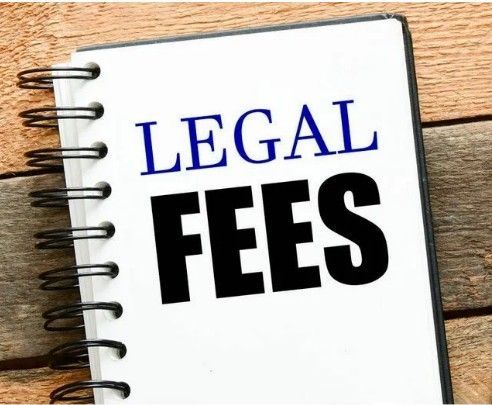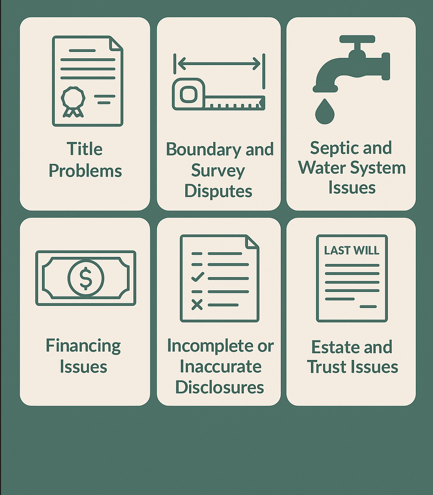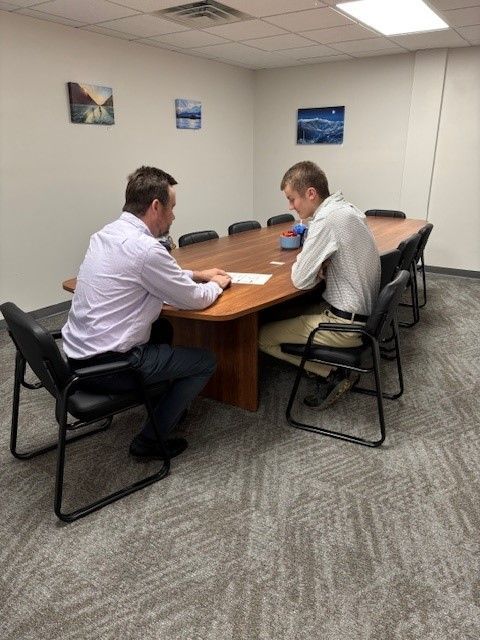Discover the Power of 1031 Exchanges

In the world of real estate, tax strategies play a crucial role in maximizing investment returns. One such strategy, widely utilized by savvy investors in Vermont and across the United States, is the 1031 exchange. Also known as a Starker exchange or a like-kind exchange, the 1031 exchange is a powerful tool in deferring capital gains tax, thus allowing for greater investment in properties.
What is a 1031 Exchange?
A 1031 exchange, named after Section 1031 of the U.S. Internal Revenue Code, is a transaction that allows property owners to exchange one investment property for another without immediate tax liabilities. This process defers the payment of capital gains taxes that would otherwise arise from the sale of a property.
Common Names for a 1031 Exchange
Apart from being called a 1031 exchange, this transaction is also known as:
- Starker Exchange: Named after the landmark court case, Starker v. United States, which played a pivotal role in the development of these exchanges.
- Like-Kind Exchange: This term emphasizes the requirement that the properties being exchanged must be of "like-kind" in terms of their use and type.
How Do 1031 Exchanges Save Tax?
A 1031 exchange helps in saving tax by deferring it, not by eliminating it. When you sell a property, normally you are required to pay capital gains tax on the profit. However, by using a 1031 exchange, you can defer this tax indefinitely as long as you reinvest the proceeds into a like-kind property. This deferral can continue through multiple exchanges, potentially over the course of many years.
How Do They Work?
- Sale of the Original Property: The process begins with the sale of your current investment property.
- Identification of Replacement Property: Within 45 days of the sale, you must identify potential replacement properties.
- Completion of the Exchange: You must close on one of the identified properties within 180 days of the sale of your original property.
Throughout this process, it’s crucial to follow specific rules and timelines to ensure the exchange is valid under IRS regulations.
The Role of an Exchange Agent
An exchange agent, also known as a Qualified Intermediary (QI), plays a crucial role in a 1031 exchange. This individual or company holds the proceeds from the sale of your property and helps facilitate the transaction by ensuring all IRS guidelines are met. They handle the necessary paperwork and coordinate between the buyer, seller, and other parties involved in the transaction.
Conclusion
For Vermont property owners looking to reinvest in real estate, understanding and utilizing a 1031 exchange can be a significant advantage. It's not just a tax deferral strategy but a tool for portfolio growth and diversification. However, due to the complexity of these transactions, it’s advisable to consult with a real estate law firm experienced with 1031 exchanges to navigate the legal intricacies and make the most of this opportunity.










